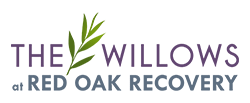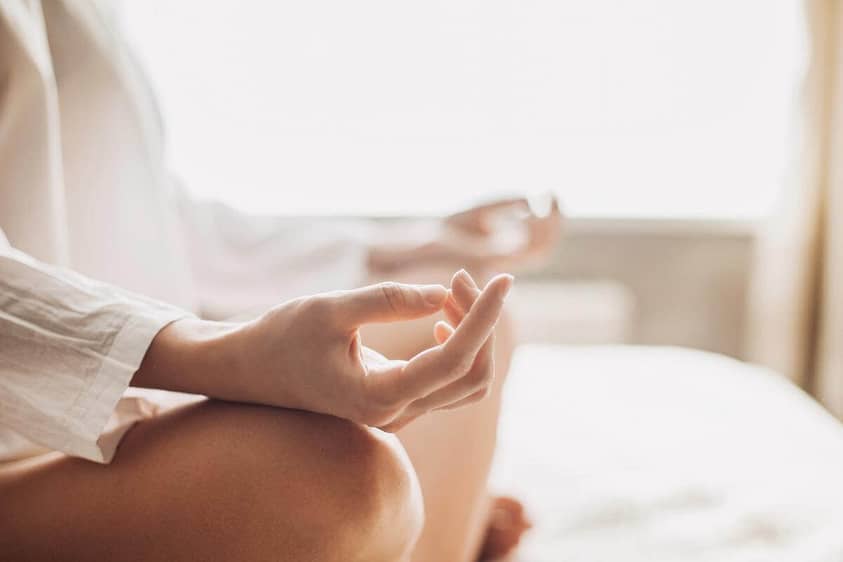There are a variety of approaches to treating depression and anxiety, including evidence-based therapies, medication, and self-care practices. Yoga is one self-care practice that can be extremely beneficial for women struggling with mood disorders. This ancient practice can help to ease symptoms of depression and anxiety, and it can also promote overall wellness and recovery.
If you’re looking into treatment for depression and anxiety, consider a center that offers a yoga therapy program. As part of a comprehensive treatment plan, yoga can make a significant difference in your recovery.
What Is Yoga?
Yoga is an ancient practice that originated in India. It is a mind-body practice that includes physical postures, breathing exercises, and meditation. Yoga can be practiced in a group setting or individually.
Anyone can practice yoga, regardless of age, fitness level, or experience. There are many different types of yoga, so it’s easy to find a class or style that’s right for you. Your yoga instructor can help you modify poses to suit your needs.
Benefits of Yoga for Depression and Anxiety
Yoga can be an effective treatment for depression and anxiety because it helps to regulate the body’s stress response. The physical postures and breathing exercises help to calm the nervous system, and the meditation practices promote mindfulness and relaxation.
When you breathe deeply, it sends a message to your brain to calm down and relax. The breath activates the vagus nerve, which is responsible for helping the body to relax. And the different physical postures, or asanas, can help to release tension from the body.
Yoga can also help to improve sleep quality, which is often disturbed in people with mood disorders. The relaxation techniques can help to quiet a busy mind, and the physical postures can help to release tension from the body.
In addition to its calming effects, yoga can also help to boost energy levels and improve mood. The combination of physical activity and relaxation can increase endorphins, hormones that have mood-lifting effects.
What to Expect in a Yoga Therapy Session
A typical yoga therapy session will last for 60–90 minutes. The session may include yoga techniques, including asanas (physical postures), pranayama (breathing exercises), and meditation.
You’ll get started by getting situated on your mat in a comfortable position. From there, you’ll begin to focus on your breath. Once you’re settled and comfortable, your instructor will guide you through a series of asanas.
You’ll be encouraged to move at your own pace and to listen to your body. Yoga complements other treatment modalities for depression and anxiety, such as:
- Relapse prevention therapy
- Family therapy
- Experiential therapy
- Group therapy
- Individual therapy
- Art therapy
- Cognitive-behavioral therapy
- Dialectical behavior therapy
This approach gives participants the tools they need to manage their mental health and live fulfilling lives in recovery.
Yoga for Depression and Anxiety in Women at The Willows at Red Oak Recovery®
Located in the heart of the Blue Ridge Mountains, The Willows at Red Oak Recovery® offers a serene and peaceful setting for women to heal and recover from depression and anxiety. Our program includes a range of evidence-based therapies, including yoga therapy.
Women in recovery benefit from our holistic approach, which addresses the mind, body, and spirit. Our program is designed to help women develop healthy coping skills and learn how to live a life in recovery.
If you’re struggling with depression and anxiety, we encourage you to reach out for help. Our admissions team is available 24/7 to answer your questions and help you get started on the road to recovery. Call 855.773.0614 or reach out online to learn more.






